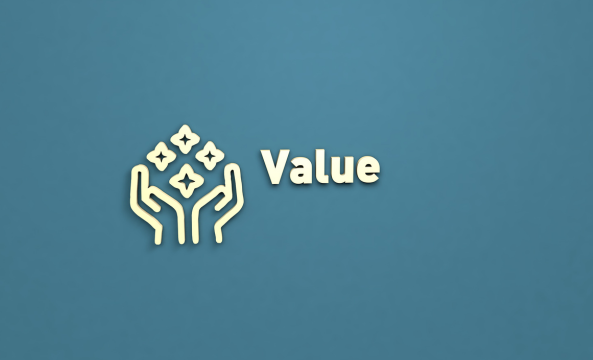
September 19, 2024

While preparing your succession or estate plan, it’s critical to value your family business both internally and externally.
You might wonder what that means because, understandably enough, you may assume your company has just one value. In fact, it can have multiple values depending on the valuation standard used. The different results can help you determine whether to keep the family business, pass it on to the next generation or sell it to an outsider.
Two common standards used in valuing a family business are:
1. Investment value. This gauges internal value, which represents the value to a particular investor based on individual investment requirements and expectations. In layman’s terms, it’s what the business is worth to the current owner(s).

2. Fair market value. This is the external value and refers to the price in terms of cash equivalents at which the property would change hands between hypothetical willing-and-able buyers and sellers if:
Simply put, this is what you can expect to get when you place your business on the market to sell to a qualified buyer.
The relevance of these two valuations lies in their differences. The investment value of an operating business could be higher or lower than the fair market value. That difference is driven by the actions that “control owners” take in their best interests. As examples, owners controlling a family business can often take advantage of:
Compensation. Owners have the flexibility to pay themselves higher-than-market compensation. A buyer in a fair market transaction has to pay only what the market requires to replace the owner’s compensation. In a family business, family members are on the payroll and also may receive more than market compensation. In addition, these family members may be employed only because the business is held in the family. If the business is sold, the new owners might not retain any family members or pay their high salaries, if they’re kept on.
Fringe benefits. Controlling owners of a family business can also manipulate fringe benefits. For example, they and family members may have life insurance, disability insurance or health insurance provided by the company. A new owner may not be able or willing to match that benefit. The business might also own an airplane or a vacation home and offer a liberal expense policy. These ownership benefits are unlikely to be retained by a buyer, which creates a difference between the investment value and the fair market value.
Related-party relationships and transactions. A family business might rent its business property from a related party, often for an amount higher or lower than the fair market rent. If the business is sold, the property might be at some economic risk. The attractiveness of the property to an outside buyer should be taken into account as these related-party transactions can have an impact on fair market value.
Changes in capital structure. Owners controlling the business have the power to maintain or change the capital structure of the business. In many cases, the capital structure isn’t ideal for the business. It often under–utilizes debt, which deflates value on a fair market basis.
The bottom line is that these variations generate a difference in the value to the current owner (the investment value) and the value to a potential buyer (the fair market value).
You need to account for these differences in creating and adjusting your succession and estate plans. The values can help you decide what to do with the family business. Keep in mind that the effect of suddenly not owning a business can be considerable, both on you and family members — especially if you haven’t considered the different valuations. This needs to be part of your planning process, as well as that of any business partners you may have.
Professional advisors — including a CPA, attorney and valuation expert — can offer invaluable assistance in assessing the effect of selling your family business vs. retaining ownership within the family.
© 2024